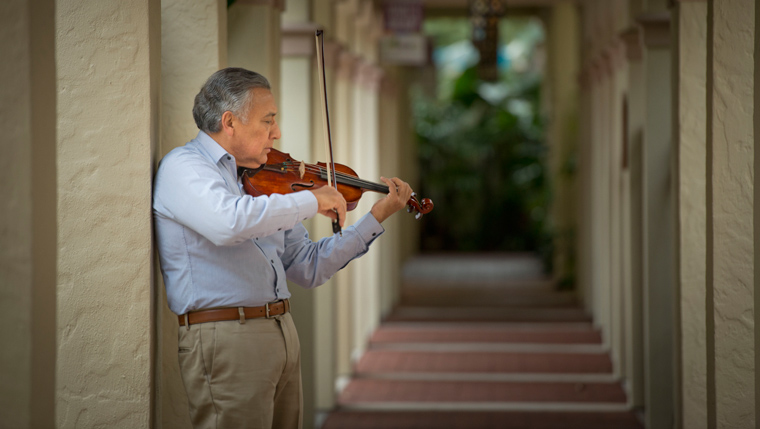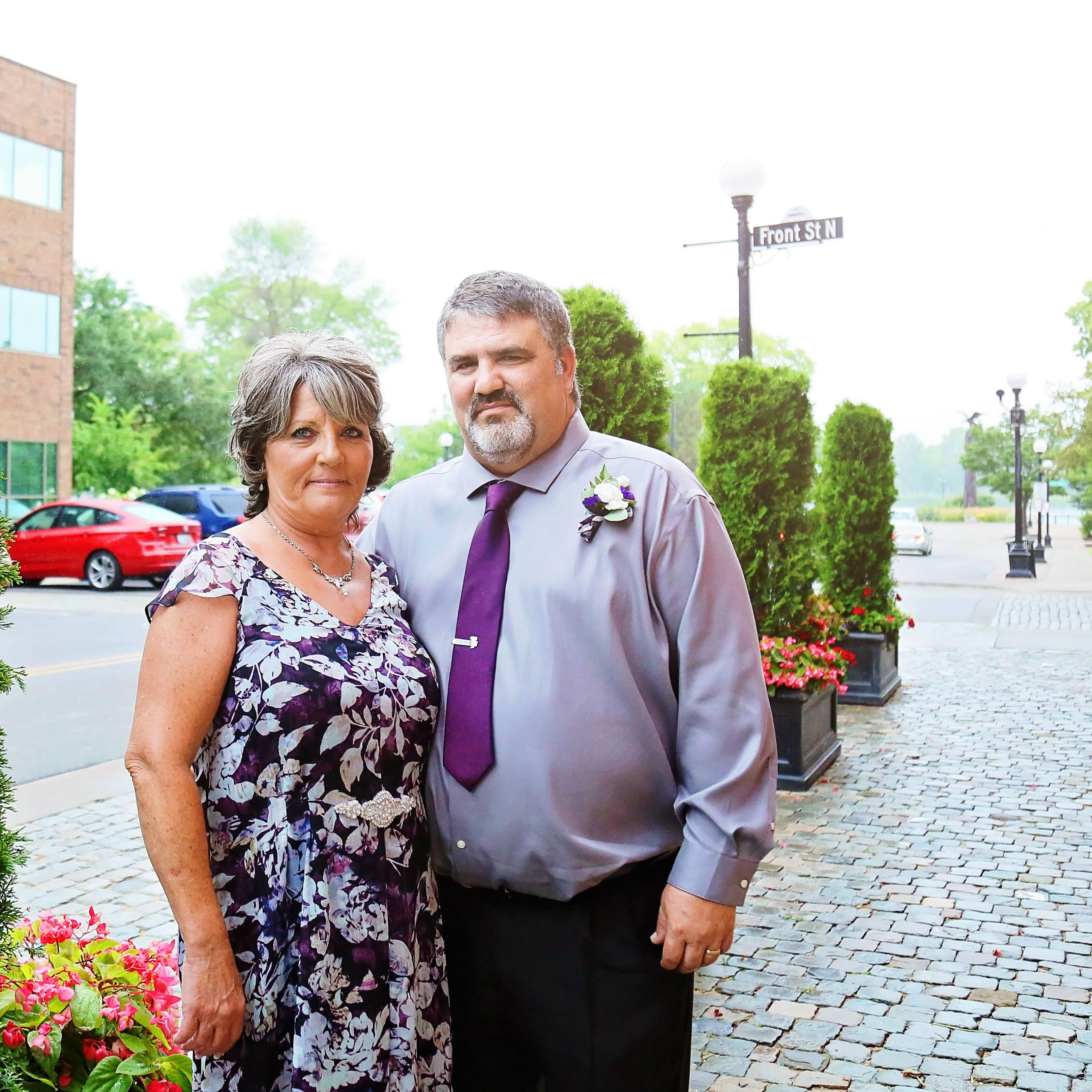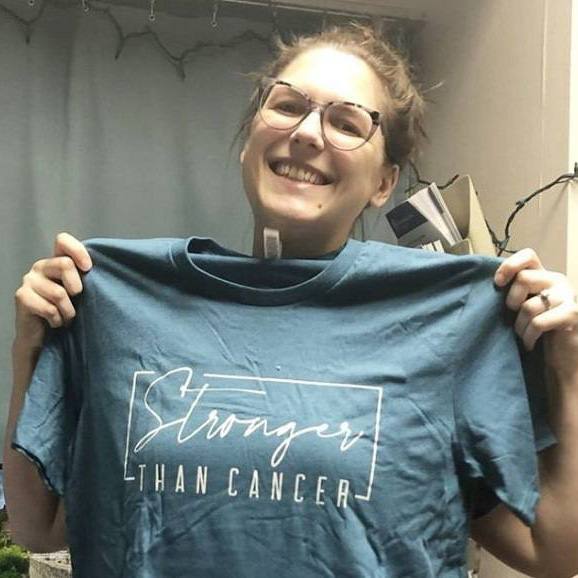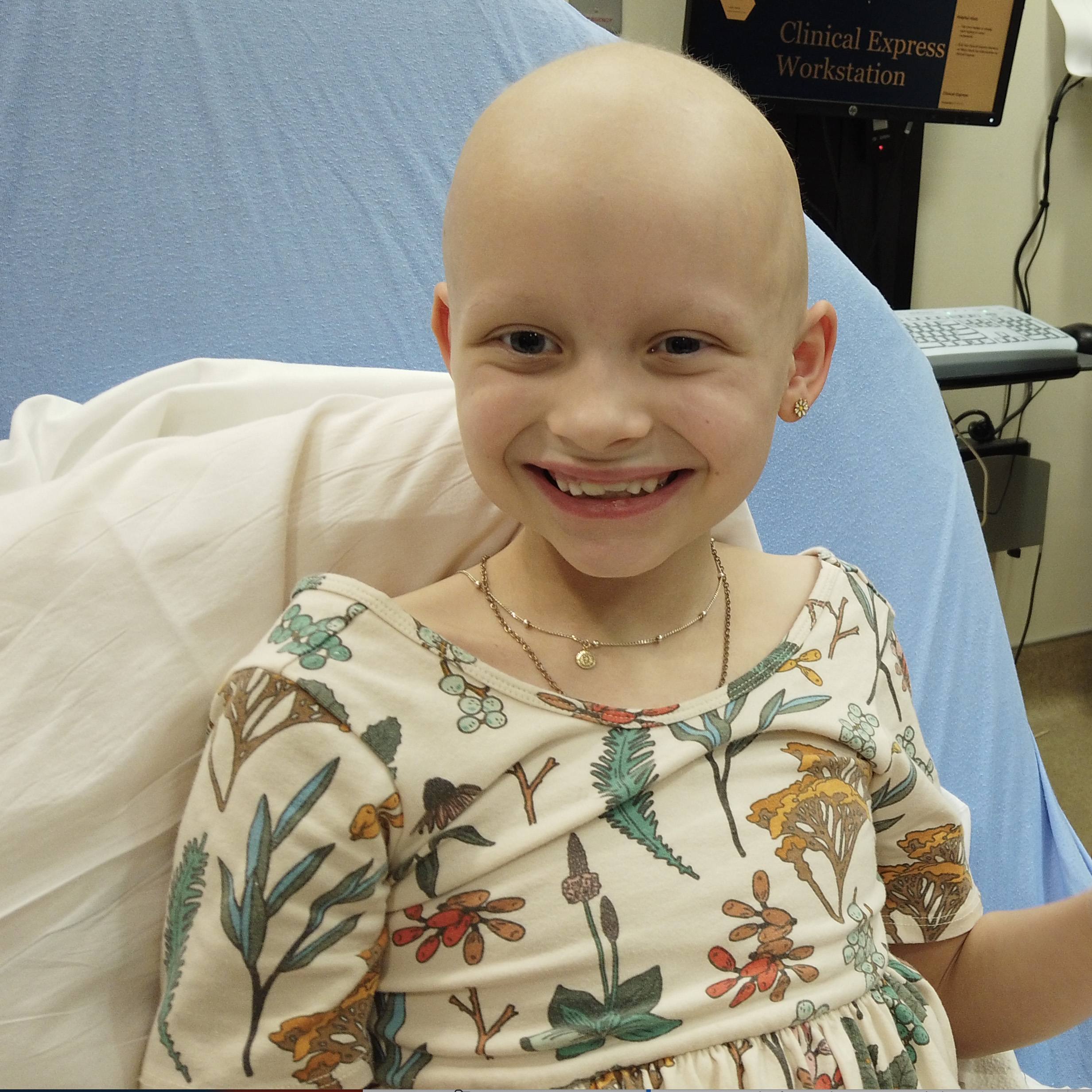 Alvaro Gomez knows people in several continents and has access to health care in the U.S., Chile and Europe. When the Central Florida resident faced a prostate cancer diagnosis, he polled his acquaintances and doctors near and far and came up with one answer: Mayo Clinic.
Alvaro Gomez knows people in several continents and has access to health care in the U.S., Chile and Europe. When the Central Florida resident faced a prostate cancer diagnosis, he polled his acquaintances and doctors near and far and came up with one answer: Mayo Clinic.
“I was fortunate that after taking into account the advice from friends and doctors, I came to the conclusion that the best place to go was Mayo Clinic, only an hour-and-a-half from my house,” Gomez says.
Gomez leads a busy life as a violinist, music instructor and orchestra conductor in Florida, Chile, Brazil and Italy. Now, just outside busy Orlando, Fla., he directs his own music academy, conducts the Florida Young Artists Orchestra, and teaches music at Trinity Prep in Winter Park. Internationally, he leads the annual Luis Sigall Music Competition in Viña del Mar, in his native Chile. He also conducts a chamber orchestra at Festival Villa-Lobos in Rio de Janeiro, Brazil, and each summer conducts at L’Orfeo Music Festival in Vipiteno, Italy.
In part due to his busy schedule, Gomez took time for a routine health checkup. Although he felt fine at the time, a routine blood test at age 56 turned up high PSA (prostate-specific antigen) levels. His family doctor recommended a biopsy, which revealed cancer cells, and put him on a quest to find the best place to receive treatment.
“I considered going to Europe, because my wife is from Latvia,” Gomez says. “But after comparing surgical volumes at Mayo Clinic and other institutions, there was no doubt that I should have my treatment at Mayo Clinic,” Gomez says.
Although he didn't know what to expect, the unique integrated practice at the Mayo Clinic Cancer Center in Jacksonville, Florida, enabled Gomez to have consultations promptly. Urologic surgeon Michael Wehle, M.D., offered two treatment options: traditional removal of the prostate gland or a minimally invasive surgery known as a robotic prostatectomy.
With robotic prostatectomy, the surgeon uses a computer-enhanced surgical system to remove the prostate gland and surrounding lymph nodes through small abdominal incisions. The computer displays a magnified, 3-D view of the surgical area — enabling the surgeon to see the procedure in greater detail than in a traditional laparoscopic surgery.
“The robotic approach also enables nerve-sparing techniques that may preserve both sexual potency and continence,” says Dr. Wehle. “Additionally, a robotic prostatectomy can offer shorter hospital stays and quicker recovery than a traditional prostatectomy.”
Gomez opted for the minimally invasive option and couldn't be happier.
“I feel in perfect physical form,” Gomez says. “My activities are exactly the same as before; mentally and physically, and as far as concentration and memorization, I have had no problems whatsoever. I would even dare to say that everything is better now than before the surgery.”
Because his cancer was caught early, Gomez didn't require additional therapy. He reignited his music career only weeks after surgery and traveled to Italy, as he does every summer, to conduct at L’Orfeo Music Festival in Vipiteno, in the Italian Alps.
“I told myself that this time, I would climb the trail up to the top of the Dolomites,” Gomez recalls. The mountain trail takes 6 to 8 hours of hiking. “I did it along with my family. It was a beautiful family trip,” he says.
Now 62, Gomez continues to challenge himself and to inspire others.
The experience has actually made him “feel more positive about life in general,” Gomez says. “I feel happier, I enjoy each moment, and I realize I can channel all of this positivism into teaching a new generation of musicians.”
Hear directly from Alvaro Gomez in the video below.
HELPFUL LINKS
- Learn more about prostate cancer.
- Investigate diagnosis and treatment options at Mayo Clinic.
- Learn about the Mayo Clinic Cancer Center.
- Support cancer research at Mayo Clinic.
- Request an appointment.







